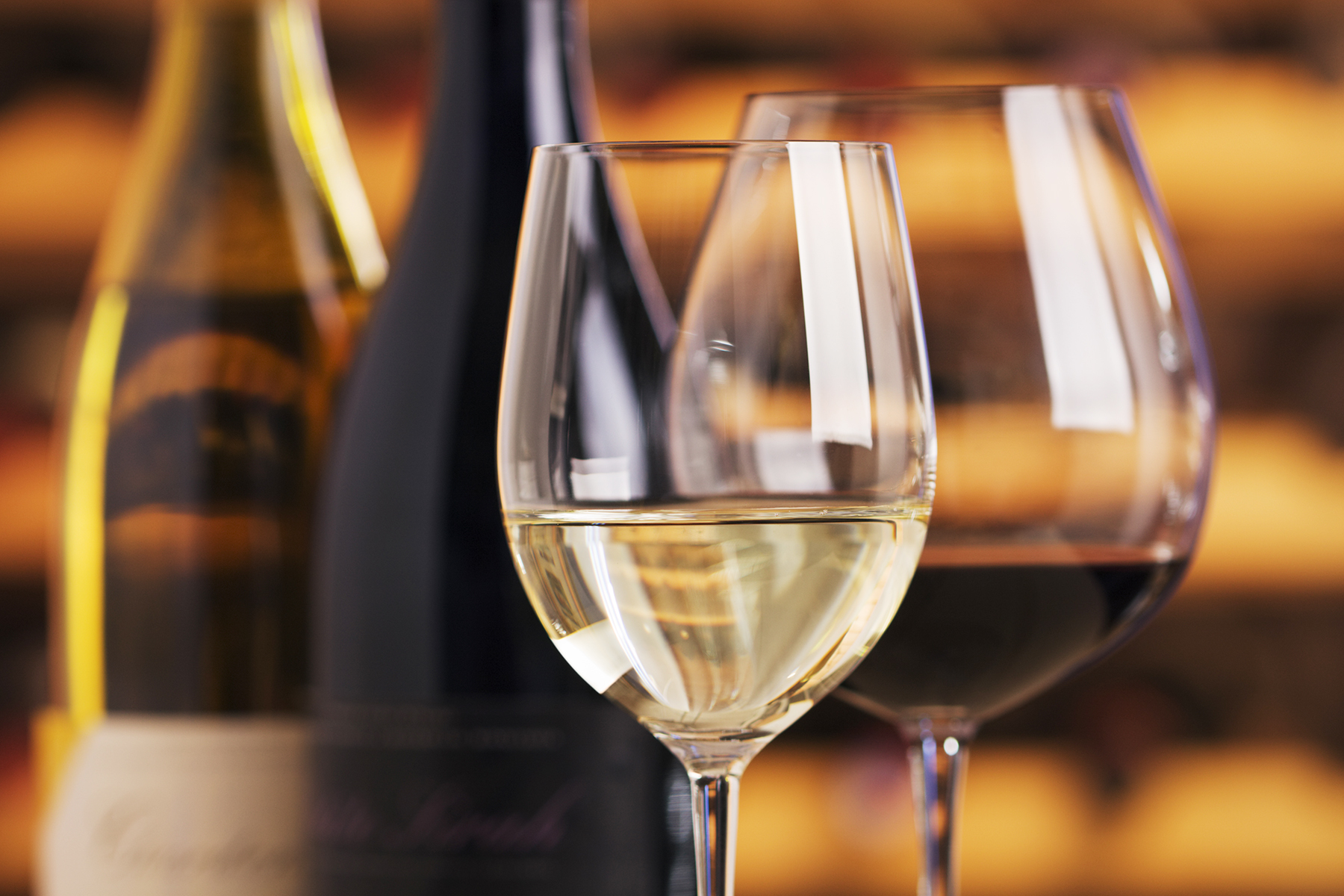Glass wine closures are unique, sexy, effective – and very rare.
Wines sealed with glass stoppers began appearing on the Alberta market roughly eight years ago. They were the newest developments in alternative wine closures, a category dominated by screw caps that also includes synthetic corks and crown bottle caps. Dwayne Bayda, On Premise Account Manager for Mark Anthony Wine & Spirits, recalls that glass closures seemed to almost disappear shortly after they appeared, and then came back again in the last couple of years. They are still quite rare: He estimates that of the 2,000 wines in his portfolio, only about 10 are bottled with a glass stopper.
This may start to change, as glass closures are an excellent way to make a bottle stand out from the rest — before you’ve even had a sip of the contents.
“Customers are always very impressed,” says Bayda. “Glass seems to have more premium connotation; it’s more elegant. Restaurants especially like them because it makes for a nicer experience at the table.”
A few Edmonton restaurants have featured wines with glass closures: XIX Nineteen, Workshop Eatery, The Harvest Room and Guru have listed Martin’s Lane Riesling on their menu; Bottega 104 has the Scaia Corvina and Scaia Garganega.
Aside from aesthetics, glass closures also provide the same benefits as screw caps — protection against cork taint, less chance of bottle variation or leakage, and cost savings compared to traditional corks. This is another reason why glass stoppers are slowly becoming more common, particularly among more premium wines.
“The perception of screw caps, particularly at the high end, is miles behind New Zealand and Australia,” says Shane Munn, winemaker of Martin’s Lane Winery in the Okanagan. “Here in North America, cork is still king — with red wine in particular.”
Part of that stigma around screw caps is why Martin’s Lane bottles its Rieslings under the Vinolok glass closures. (Vinolok is the main brand of glass closure on the market.) Munn says that the Vinoloks are not the cheapest option — screw caps are — but they are still about half the price of the top-of-the-line traditional corks that they use for their Pinot Noir.
